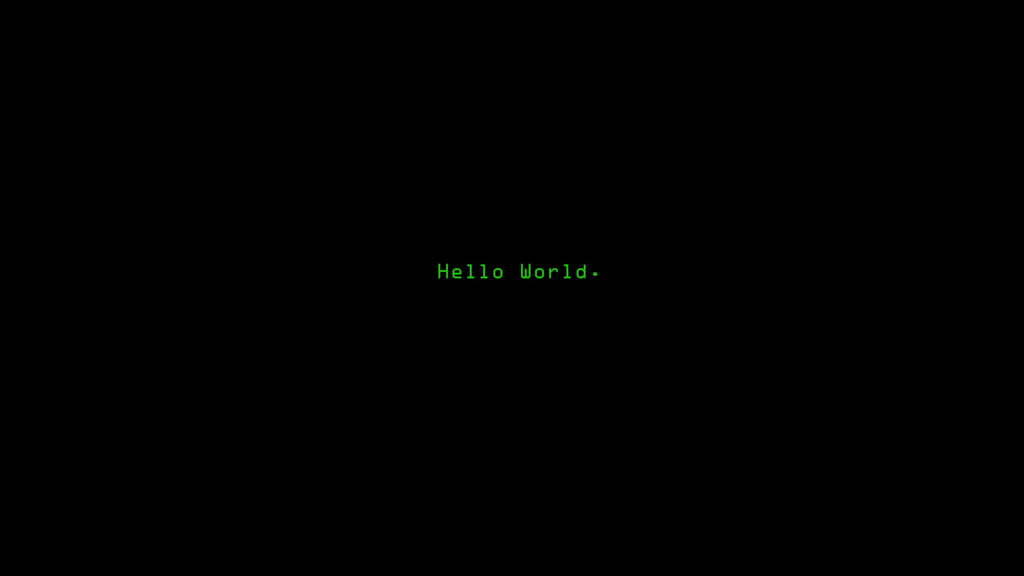Why Linux is portrayed as a Penguin?
The penguin’s name is “Tux” and he’s the official Linux mascot.
I think Linus Torvalds picked it a long time ago, he said he wanted something that was non-threatening, so hence the penguin lol.
The debate about Linux vs GNU/Linux imo, is one of the stupidest and pedantic debates I’ve ever heard. Maybe it mattered 30+ years ago when things were much less developed and only hardcore nerds and programmers used it, but now days it’s only important to grognards and neckbeards.
Hot take, but it’s like those pretentious music enthusiasts that will argue about what precise genre an artist fits into. “I would say they are post-progressive indie skitzo-pop. No way! They are clearly more neo-grunge sca-punk with post-rock elements” who cares?? Have your ultra-precise categories in your personal music collection all you want, but acting like it’s based on some hardcore objective truths of the universe is stupid.
Nobody is confused when I say I run Linux as my OS. Actually, people do get confused but it’s not because of GNU/Linux, it’s because they haven’t ever heard of Linux and thought that Windows and MacOS were the only 2 OSes for computers.
If somebody genuinely pulled an “um, actually” on me for saying Linux vs GNU/Linux, I would scream laugh loudly and then change the subject.
deleted by creator
Systemd/Linux
GNU/Linux is the more technically accurate term, but in practice, most people say “Linux” so that others know what they’re talking about.
And the reason for Tux is because Linus Torvalds was once bitten by a penguin.
It’s not more accurate with distros like gokrazy, alpine, or chimera which aren’t necessarily based on GNU software (the last of which specifically advertises itself as „non-gnu Linux”)
As the others made a good point, Linux is the kernel (program that connects hardware altogether and manages processes). GNU is an organisation beginning in 1983 that made some vital userland programs (Bash, GCC, readline, GNOME, GTK, GIMP, etc.) as a replacement of the proprietary ones found in UNIX and Windows. Linux is created by a Finnish student Linus Torvalds and is not a part of the GNU project but it’s been licensed under the GNU General Public License (GPL), the first free software license.
Linux is used by a lot of companies, and some of the products that have Linux inside refuse to accept the paradigm of software freedom. Examples of this are: Chrome OS, Windows Subsystem for Linux, Google Android and some (but not all) appliances (like routers) that are locked-in and contain proprietary blobs.
Therefore, in technical discussions, I use the word “Linux” to refer to the OS, as “this software is compatible with Linux”. But, when I want to stress out software freedom, given a large influence of the GNU project, I say “GNU/Linux”.
There’s quite a few Linux distributions or whatever you want to call it that aren’t associated with GNU or are not based on GNU software
Yes, there are.
So calling those which are just as open but not associated with GNU GNU/Linux is disingenuous, despite the influence of the GNU organization
Does anyone actually do that though?
The person I replied to specifically said
Therefore, in technical discussions, I use the word “Linux” to refer to the OS, as “this software is compatible with Linux”. But, when I want to stress out software freedom, given a large influence of the GNU project, I say “GNU/Linux”.
So they use GNU/Linux to refer to any open system
I must gave missed that. Yeah, calling, for example, Alpine GNU, is wrong.
No matter how hard I try, I cannot think of a single reason why I would ever give a shit about the distinction and say or write anything other than Linux.
It’s not unusual to see people talking about android users being Linux users “because android is Linux too” clearly not understanding the difference between Linux the OS, i.e. GNU/Linux, and Linux the kernel. So it’s useful when you have to make such a distinction.
deleted by creator
Unfortunately for them this means that 99.99% of the Linux distributions out there do not qualify as >GNU/Linux, even the ones like Debian, Red Hat, or Ubuntu that did adopt the GNU/Linux name >scheme, because they all host, promote, or allow users access to non-free software in some way.
You are totally confused. In words of R. Stallman:
“The kernel is an essential part of an operating system, but useless by itself; it can only function in the context of a complete operating system. Linux is normally used in combination with the GNU operating system: the whole system is basically GNU with Linux added, or GNU/Linux. All the so-called “Linux” distributions are really distributions of GNU/Linux”.
“Today there are many different variants of the GNU/Linux system (often called “distros”). Most of them include nonfree programs”.
deleted by creator








